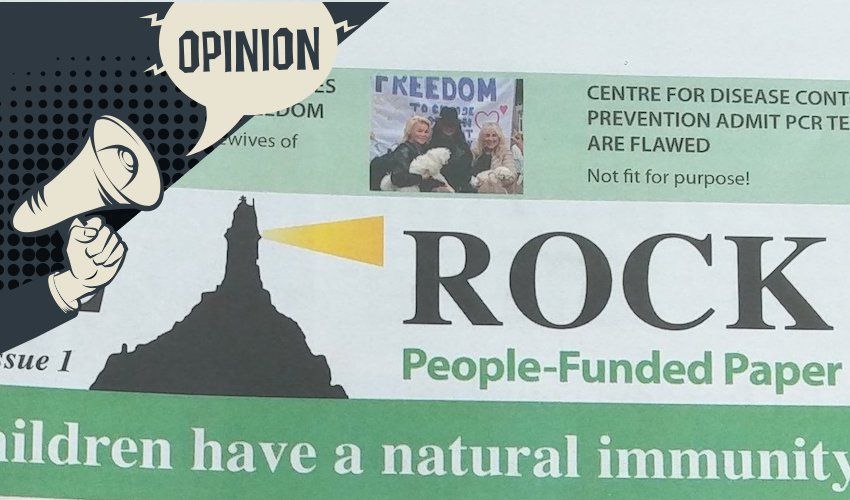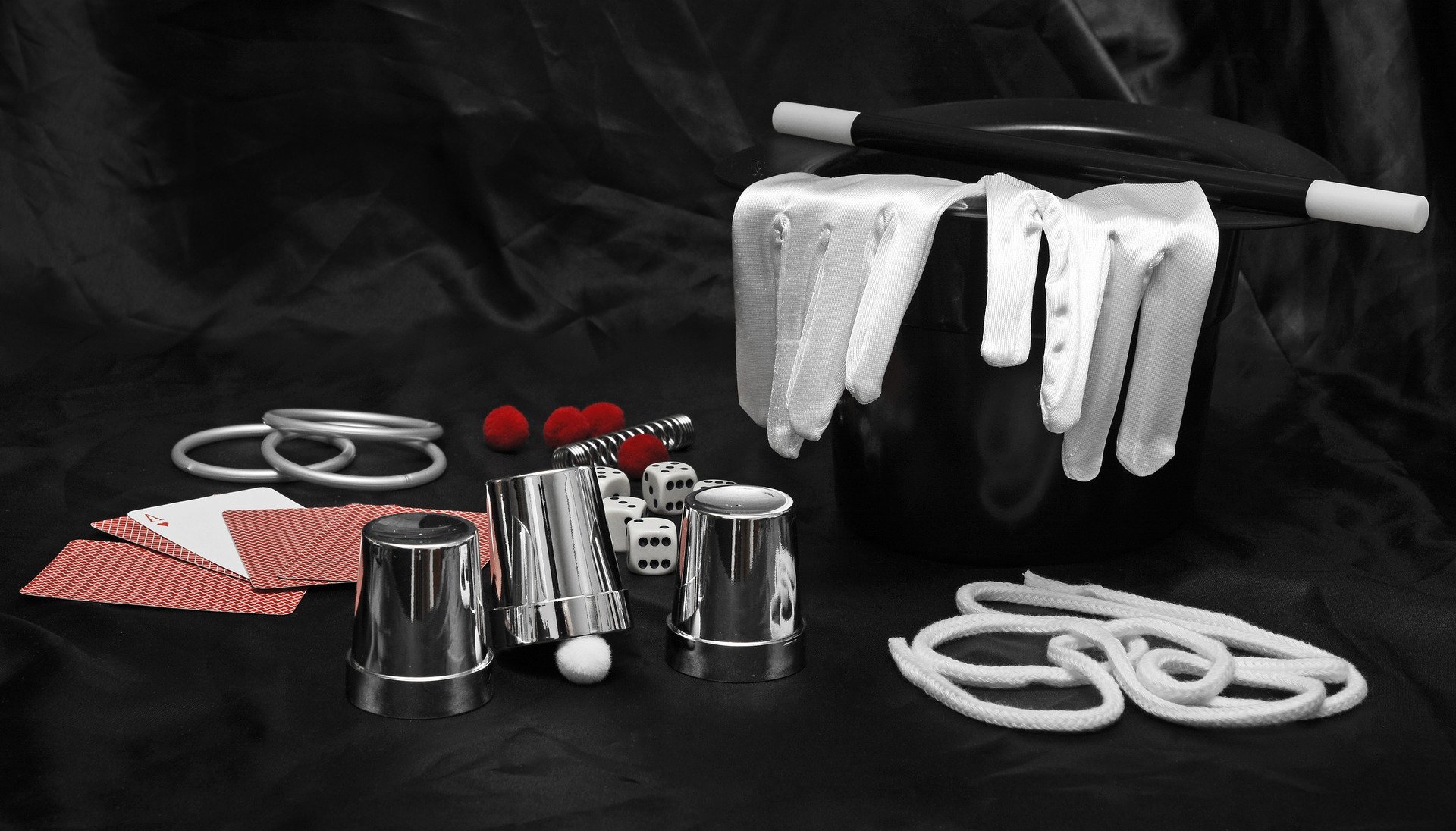


The circulation of the newspaper style publication ‘The Rock’ to island homes has created a bit of a furore recently.
I don’t imagine for one moment those who promote the paper, or who stand by its content, ever anticipated having so much publicity and attention.
Many of those complaining and expressing their disdain for the publication have, to some extent, only served to promote it. Should there be legal controls of the distribution of written articles such as those in The Rock? Some Islanders seem to think so and have come out expressing their strong opinions on the matter.
It is that action which demonstrates the fundamental importance of freedom of expression.
How would those opponents react if they were told legally they were not allowed to express their views and opinions on the circulation of The Rock? Why should those people be allowed to express their opinions in strong terms, write to the local media, speak on radio and television, post their statements on social media, but those behind The Rock be prevented?
I should point out, I am not endorsing the content of The Rock. Neither am I endorsing the information circulated by Jersey’s Government and its departments.
In fact, sadly, I have grown to recognise I cannot trust the truth or accuracy of much that I see, hear or read: for instance, when the BBC reports of happenings in some foreign country, I don’t know if it is true.
Prior to my profession as a lawyer, I used to be a stage magician. I know only too well you should not believe what you hear, and in many cases, disbelieve what you see.

Pictured: “I know only too well you should not believe what you hear, and in many cases, disbelieve what you see.”
Remember, something can be false because the person sharing the information is purposefully providing false information; or it can be false because the person sharing the information is mistaken for some reason.
But there are some things we can conclude, by logic, to be true or false (as we understand the world). So, when covid ‘anti-jabbers’ say the world doesn’t know the long-term effects of the vaccine, then surely that must be right. We can’t know. You only know the effects of time on a particular thing once that period of time has expired, no?
Back to freedom of expression: those who say The Rock and the views in it shouldn’t be circulated are actually saying, their opinion matters, their opinion is the one that counts and they promote removing the fundamental human right of freedom of expression.
Remember, freedom of speech is the right of expression to others. You need it to exchange ideas. Without that exchange, some good, some bad, some brilliant, some silly, some sick and twisted, life would be a lot less interesting. And whether something is good, bad, ridiculous, bizarre etc is only such because the receiver of the information labels it so.
Expression includes speech, thoughts, writing, symbols, songs or art. The right to speak your mind also operates in reverse, so you also have the right to hear what others have to say. So, access to information is equally important.
But there are legal limits; there are restrictions. There are specific legal limitations including laws on defamation, inciting racial hatred and endangering people (e.g. shouting “bomb” on board an aeroplane).
A perfect example of expressing strong views and opinions was the recent saga of Piers Morgan telling the world what he thought about Megan’s ‘story’.
ITV received a record number of complaints about Morgan (57,793). But, after investigating the matter, Ofcom said that restricting the views would be a “chilling restriction” on free expression but did criticise the “apparent disregard” for the subject of suicide.

Pictured: ITV received a record number of complaints about Piers Morgan.
In typical Morgan style, he said he was “delighted” with the outcome of the ruling which he described as a “resounding victory for free speech and a resounding defeat for Princess Pinocchio.”
He told the press that Ofcom had clearly stated he had the right not to believe what the Duke and Duchess of Sussex were saying. It is very interesting to read the following extract from Ofcom’s ruling:
“…The [Ofcom broadcasting] code allows for individuals to express strongly held and robustly argued views, including those that are potentially harmful or highly offensive, and for broadcasters to include these in their programming…”
But, as I have said above, because there is freedom of expression, it means others will (and did in the Morgan saga) express opposing views and then debate and discussion can take place.
Viewers, readers and listeners will be exposed to a mix of information. It is exactly because there was a debate and challenge to the Morgan broadcast that Ofcom was able to come to the decision it did.
I am all for people speaking up and expressing their opinions and if covid has done one thing it has certainly disclosed far-ranging sets of opinion. Good. Long may that continue.
Who knows where the truth sits? They all laughed at Christoper Columbus when he said the world was round...